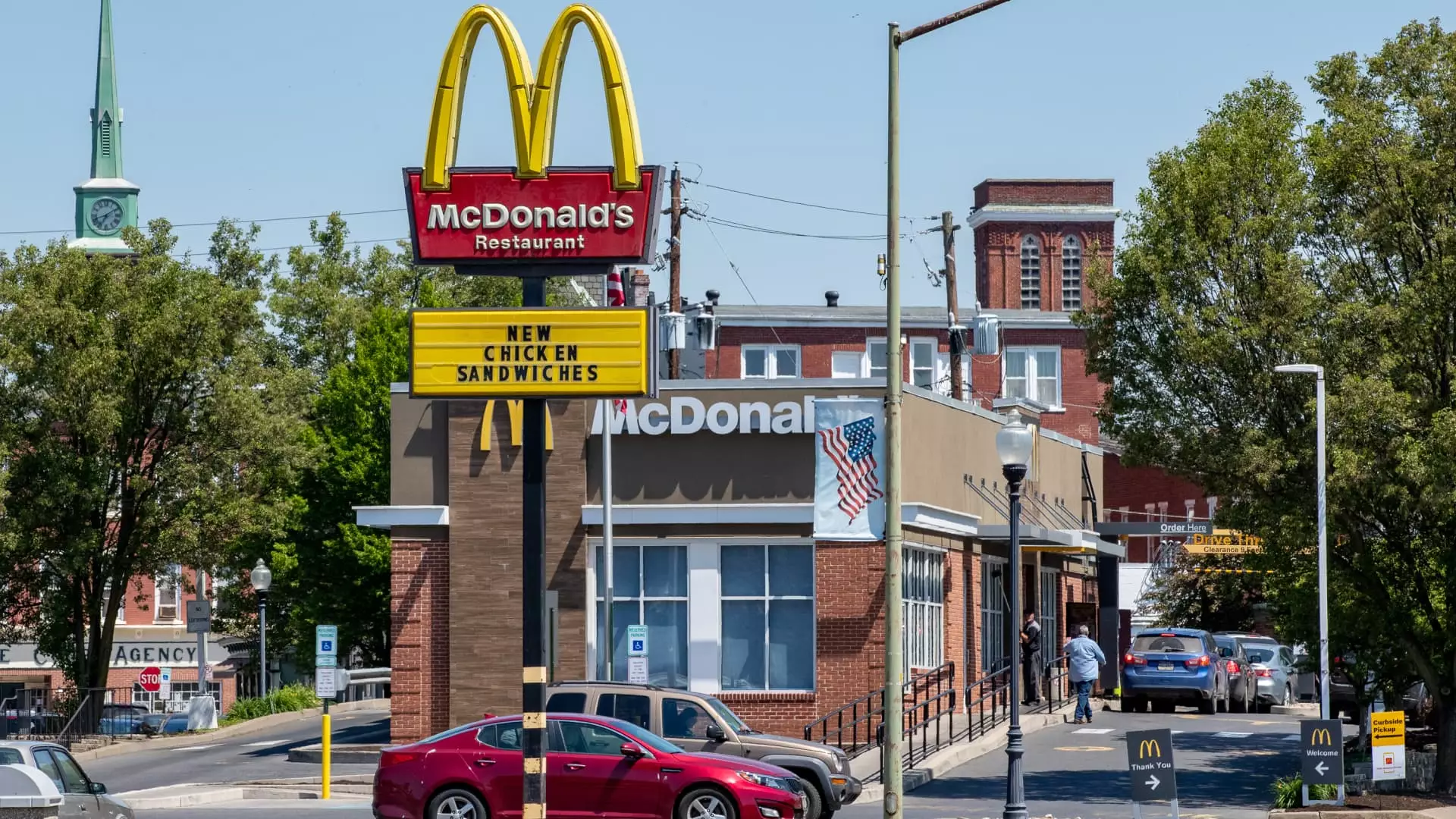McDonald’s, the iconic fast-food giant, is shaking up its relationship with franchisees by raising royalty fees for new restaurants. Starting on January 1st, the fee will increase from 4% to 5%, marking the first time in nearly three decades that McDonald’s has made such a change. While existing franchisees and those who buy a franchised location from another operator will not be affected, the higher rate will impact new franchisees, buyers of company-owned restaurants, relocated restaurants, and other scenarios involving the franchisor.
According to Joe Erlinger, McDonald’s U.S. President, this shift is part of the company’s ongoing effort to reinvent and position itself for long-term success while maintaining the strength of its brand. In a message to U.S. franchisees, Erlinger said, “While we created the industry we now lead, we must continue to redefine what success looks like and position ourselves for long-term success to ensure the value of our brand remains as strong as ever.” To further solidify the change, McDonald’s will also replace the term “service fees” with “royalty fees,” aligning with the favored terminology among franchisors.
Implications and Potential Backlash
McDonald’s decision to increase royalty fees may not have an immediate impact on many franchisees; however, it is likely to spark backlash due to the already strained relationship between the fast-food giant and its U.S. operators. In recent years, McDonald’s and its franchisees have clashed over various issues, including a new assessment system for restaurants and a bill in California that will significantly raise wages for fast-food workers next year.
The rocky relationship between McDonald’s and its operators is evident in the results of a quarterly survey conducted by Kalinowski Equity Research. In the survey, McDonald’s franchisees rated their relationship with corporate management at a mere 1.71 out of 5, the highest mark since the fourth quarter of 2021 but stil a substantial distance from the ideal score of 5.
While the relationship between McDonald’s and its franchisees may face obstacles, the fast-food giant’s U.S. business continues to flourish. In the most recent quarter, domestic same-store sales experienced an impressive growth rate of 10.3%. This success can be attributed to strategic promotions such as the Grimace Birthday Meal and robust demand for McDonald’s core menu items, including classics like Big Macs and McNuggets. As a result of these positive developments, franchisee cash flows have increased year over year, with McDonald’s CFO Ian Borden reporting a 35% climb in average cash flows for U.S. operators over the last five years.
As McDonald’s prepares for a new era of profitability and success, the increase in royalty fees for franchisees represents a significant shift in the company’s approach. By redefining their concept of success and emphasizing the value of the McDonald’s brand and system, the fast-food giant aims to elevate its position in the industry. However, navigating the potential backlash from franchisees, who have already voiced dissatisfaction with corporate management, will be a challenge for McDonald’s. As the fast-food giant continues to innovate and evolve, only time will reveal the true impact of these changes on its franchisees and overall business performance.


Leave a Reply